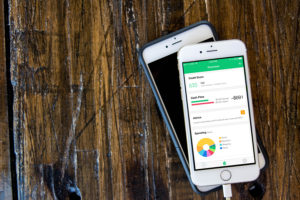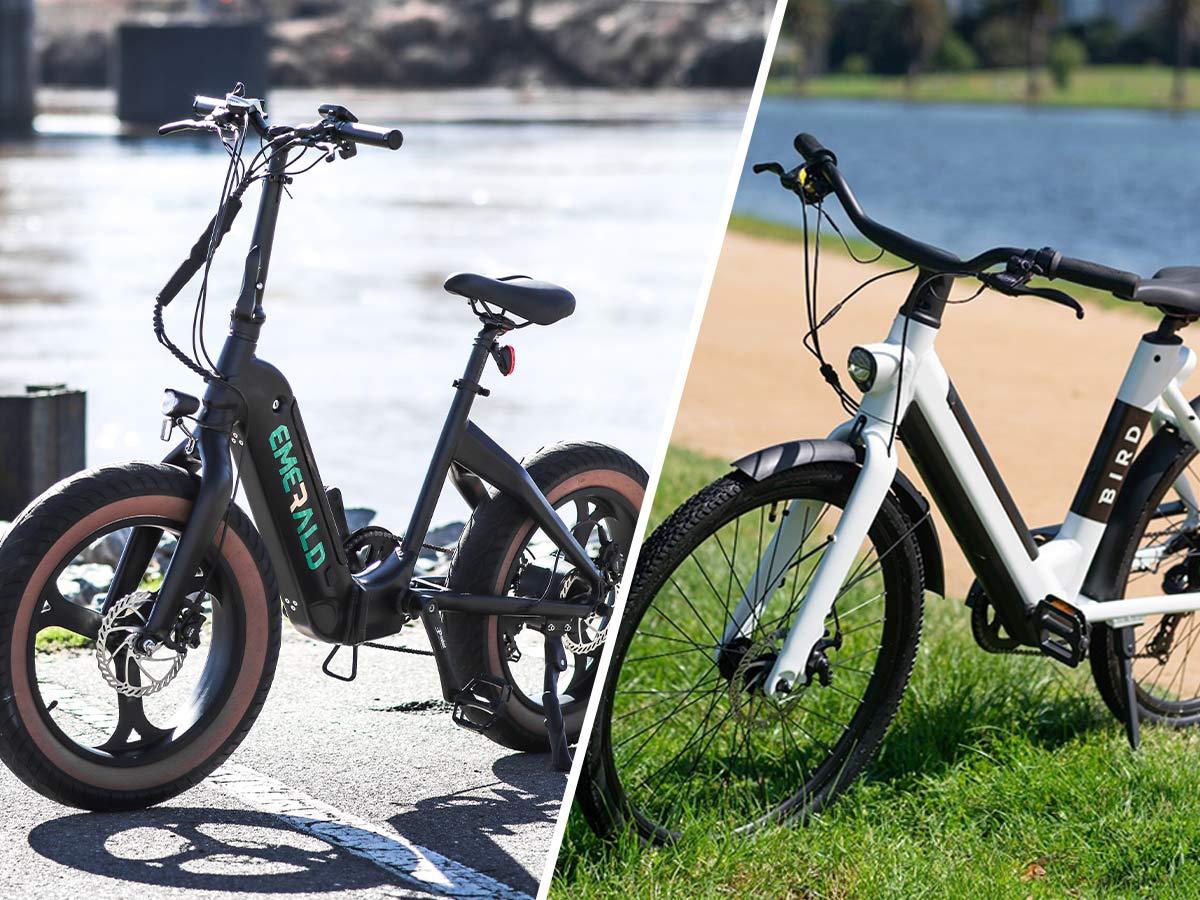VPNs vs. Proxies: Protecting Your Privacy Online

Protecting yourself and your identity over the internet is becoming an increasingly pressing concern. There are two big ways you can protect yourself. The first is through a VPN, a “virtual private network”. The other is through a proxy, which routes traffic through another server. What’s the difference between these two and which is safer?
Encryption
Proxy servers act as a go-between when you visit a website. That means that when you go to Google, your computer doesn’t directly access Google. Instead, it routes through the proxy server first. The proxy server hides your internet protocol address which identifies your computer. You can even make it look like your computer is located in another geographical location, just by connecting to a proxy server in a different place.
VPNs offer similar protections, but they offer protection through encryption. Encryption is sort of like a unique code that disguises the websites you visit and the information you view. VPNs can offer different levels of encryption from 128-bit up to 2048-bit. The higher the level of encryption, the more difficult is for someone to find out what you’re doing online.
Price
Depending on the type of proxies and VPNs you’re purchasing (as well as your intended use), you may pay quite a bit. Free proxies are available to people across the world to bypass censorship filters or access websites that aren’t available in their country. However, free proxies can be very dangerous. They can steal your information by blocking “HTTPS” traffic. That’s not good. HTTPS is a type of encryption that’s used to protect personal info like passwords and credit card numbers. A safety solution that takes away another kind of safety probably isn’t optimal.
You can expect to pay more for a VPN than a proxy. It isn’t uncommon to pay around $10 to $20 per month for a good VPN service, but it depends on how much security you need. For example, if you’re doing your taxes over a public wi-fi network, tighter security is probably important to you. (Lifehack: Maybe don’t do your taxes over a public wi-fi network.)
Speed
Proxies are slower than just connecting directly to websites, because they must go through an additional server. The speed difference may not be noticeable, since proxies don’t encrypt your data as you visit sites. However, VPNs can be a bit slower because of the act of encrypting. Again, depending on which service you purchase, your internet speed, and other factors, you may not notice the speed difference. Peak times like after work or during holidays will see the slowest speeds. If you’re doing something that demands quick reflexes, like online gaming, either solution may present issues.
Safety
In the end, somebody is going to wind up with your data. Someone has to go retrieve the sites you’re looking for, and send them to you. When you go with a proxy, you’re basically choosing to trust that the proxy company will respect your data better than your ISP does. While there are trustworthy proxy companies on the market, there are also a great many of them that are looking to sell your info to the highest bidder. For this reason, we’ll have to say that VPNs are the best option for someone looking for security online.
While searching for a VPN service, you should find one that doesn’t record logs. If they discard your data, then there’s no worry about them selling or leaking it. You should also find one that protects you from malware on public networks and has good customer service ratings. Avoid free VPNs, because they have the same issues as free proxies. Quality VPNs will also have geographically diverse servers and offer transparent policies.








